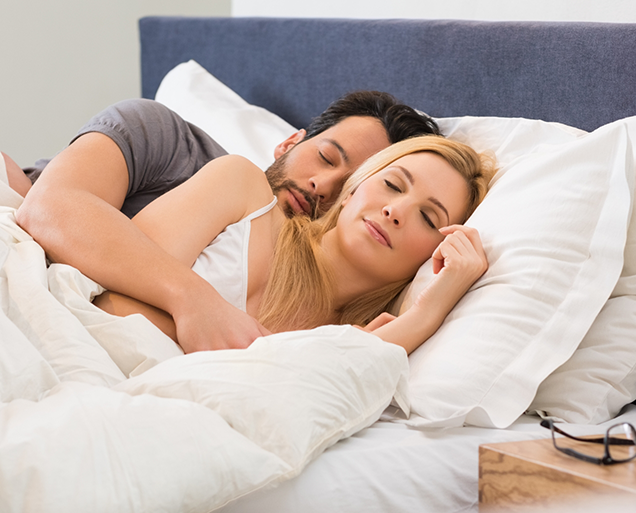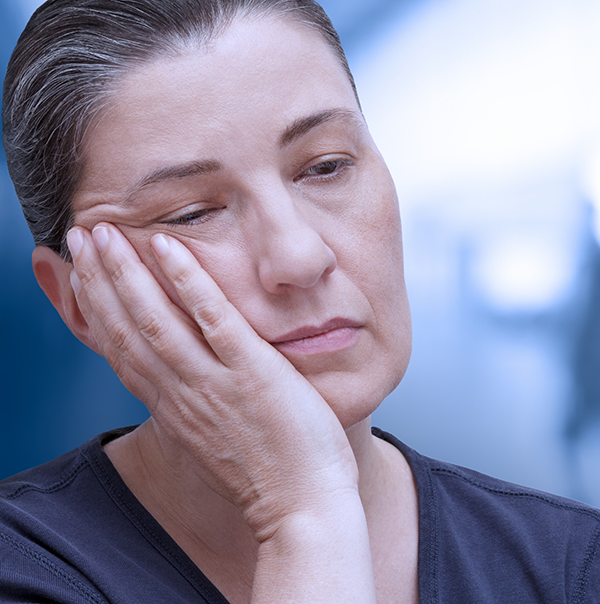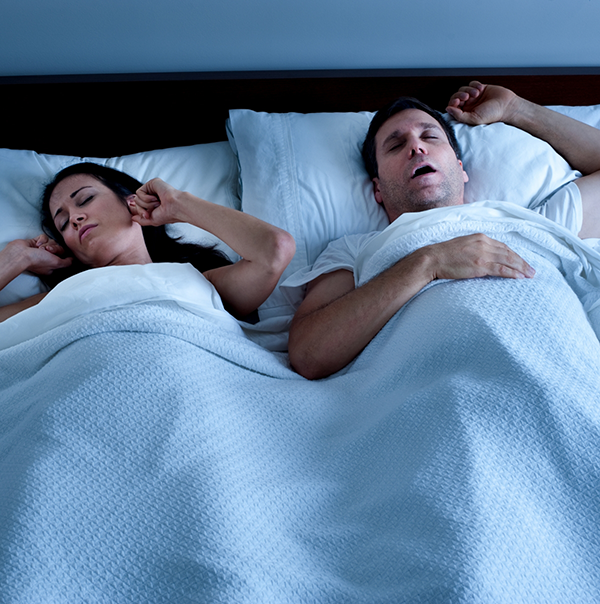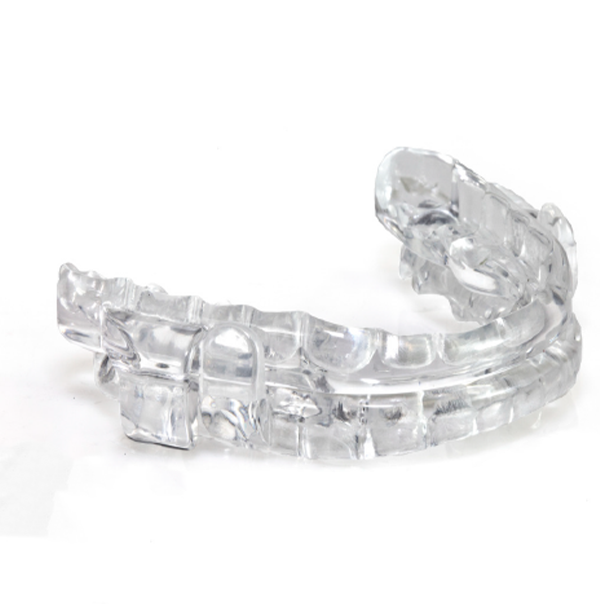Sleep Apnea Treatment Virginia Beach
Enjoy the Quality Sleep You Deserve Every Night

Sleep apnea is one of the most common sleep disorders affecting millions of adults and kids in the US. A sleep apnea event is said to occur when patients stop breathing for ten or more seconds at a time during sleep. While this may seem like a relatively harmless sleep disorder, the truth of the matter is that patients who suffer from sleep apnea experience numerous oral and overall health issues including severe daytime exhaustion, elevated blood pressure, and difficulty concentrating. If you’ve recently been diagnosed with sleep apnea or feel you’re at risk for sleep apnea, Dr. Carol F. Morgan offers advanced oral appliance therapy to improve quantity and quality of sleep. To find out more or schedule a sleep apnea consultation, contact our office today. We’ll evaluate your diagnosis, recommend a sleep testing facility, and help you achieve better sleep and overall health with sleep apnea treatment.
Why Choose Hampton Roads Center for Cosmetic Dentistry for Sleep Apnea Treatment?
- Skilled Sleep Dentist with 25+ Years of Experience
- Advanced Technology Ensures Customized Solutions
- Numerous Types of Oral Appliances Available
Who Is Affected by Sleep Apnea?

Sleep apnea can affect anyone, at any age, but there are some risk factors that increase the chances of sleep apnea. Some of the most common risk factors include:
- Gender – Men are almost twice as likely to suffer from sleep apnea.
- Race – African Americans and Native Americans are much more likely to have sleep apnea.
- Age – Patients over the age of 50 are at an increased risk for sleep apnea.
- Neck circumference – Patients with a neck circumference over 16 inches are much more likely to experience sleep apnea.
-
Weight – Obese patients are at a much higher risk for sleep apnea.
How Can I Know If I Have Sleep Apnea?

The best way to know whether or not you have sleep apnea is to visit a trusted sleep physician for a sleep test. However, you may want to seek sleep apnea assessment sooner rather than later, if you experience any of the following warning signs:
- Loud, chronic snoring is often indicative of sleep apnea
- Severe daytime sleepiness even after sleeping eight or more hours
- Waking gasping for breath or wheezing
- Waking with a headache or earache
- Morning dry mouth or very hoarse voice
- Difficulty concentrating or memory loss
- Unexplained changes in mood or personality
How Can Your Dentist in Virginia Beach Help?

Dentists may not be the first physicians you think of contacting after being diagnosed with sleep apnea. However, dental practitioners have advanced training that gives them a complete understanding of how oral and facial structures work together, including healthy airway function. Patients who are CPAP intolerant, those who do not achieve adequate improvement with CPAP alone, and those who travel frequently should all consider visiting Dr. Morgan for a custom sleep apnea appliance. These oral appliances gently shift the jaw forward to place pressure on the throat muscles that keep the airway clear during sleep.
Sleep Apnea FAQs
Why Should I See a Dentist for Sleep Apnea Treatment?
It may sound a little counterintuitive to talk to a dentist about a breathing problem, but it makes a bit of sense when you think about it. Dentists have extensive knowledge about the jaw, sinuses, and the upper respiratory system as a whole. That being the case, we’re often more than capable of screening you for the warning signs of sleep apnea.
Moreover, many people with sleep apnea are interested in correcting the issue with an oral appliance, which usually involves consulting with a dentist.
Does Everyone Who Snores Have Sleep Apnea?
While snoring is the most well-known symptom of sleep apnea, it’s far from the only one. Not everyone who snores has sleep apnea.
The converse is also true; not everyone with sleep apnea snores. Studies show that women in particular are less likely to snore as a consequence of the condition, and instead are more likely to present with the mental symptoms associated with chronic sleeplessness. If you suspect that you’re waking up at night due to poor breathing, a sleep study would need to be done in order to diagnose you conclusively.
How Soon After Starting Sleep Apnea Treatment Will I Notice Improvement?
CPAP therapy has a high rate of success in treating sleep apnea, but the somewhat cumbersome nature of the machine means that it may be quite a while before you can sleep comfortably while wearing it. As a result, it may take some time before you notice that it’s working.
An oral appliance is much easier to wear, which means that you’re likely to notice the results faster than if you got a CPAP, provided that it’s working for you. The only way to know for sure if your sleep apnea is being managed properly is with another sleep test, but if you start to feel better, that’s a good sign.
Can I Have Oral Appliance Therapy If I Grind My Teeth?
Interestingly, sleep apnea and bruxism tend to go together. Our oral appliances are therefore designed to stand up to the force of teeth grinding, and may in fact protect the teeth from the consequences of bruxism.
That said, if you grind your teeth you should see us often so that we can check on the integrity of your oral appliance over time.
